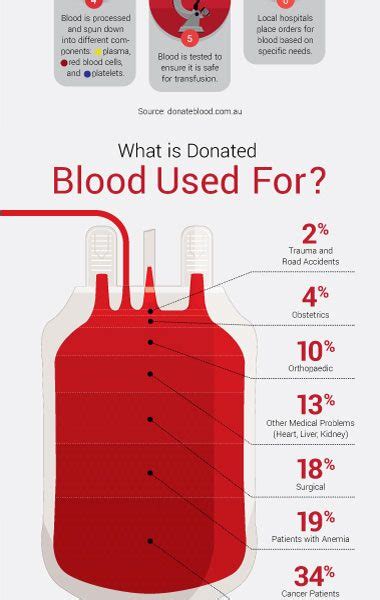Introduction
Influenza, commonly known as the flu, is a respiratory illness caused by influenza viruses. It is characterized by symptoms such as fever, chills, muscle aches, fatigue, headache, and runny nose. While the flu is a common illness, there are many other conditions that can cause similar symptoms.

Common Flu-Like Symptoms But Not Flu
- Common Cold: The common cold is a viral infection of the nose and throat. It is caused by a different virus than the flu, but it can cause similar symptoms, such as runny nose, sore throat, cough, and sneezing.
- Sinusitis: Sinusitis is an inflammation of the sinuses. It can be caused by a virus, bacteria, or allergies. Symptoms of sinusitis include facial pain and pressure, nasal congestion, and headache.
- Bronchitis: Bronchitis is an inflammation of the bronchial tubes. It can be caused by a virus, bacteria, or irritants such as smoke or dust. Symptoms of bronchitis include cough, wheezing, and chest discomfort.
- Pneumonia: Pneumonia is an infection of the lungs. It can be caused by bacteria, viruses, or fungi. Symptoms of pneumonia include fever, cough, shortness of breath, and chest pain.
- Strep Throat: Strep throat is a bacterial infection of the throat. It is caused by the bacteria Streptococcus pyogenes. Symptoms of strep throat include sore throat, fever, headache, and swollen lymph nodes.
- Whooping Cough: Whooping cough is a bacterial infection of the respiratory tract. It is caused by the bacteria Bordetella pertussis. Symptoms of whooping cough include cough, fever, and difficulty breathing.
- RSV: Respiratory syncytial virus (RSV) is a virus that can cause respiratory infections in children. Symptoms of RSV include cough, wheezing, and difficulty breathing.
- Croup: Croup is a viral infection of the larynx (voice box) and trachea (windpipe). It is caused by the parainfluenza virus. Symptoms of croup include cough, hoarseness, and difficulty breathing.
- COVID-19: COVID-19 is a viral infection caused by the SARS-CoV-2 virus. It is characterized by symptoms such as fever, chills, muscle aches, fatigue, headache, and shortness of breath.
- Allergies: Allergies are a reaction to an allergen, such as pollen, dust, or pet dander. Symptoms of allergies can include runny nose, sneezing, itchy eyes, and congestion.
When to See a Doctor
If you have flu-like symptoms, it is important to see a doctor if:
- Your symptoms are severe or getting worse.
- You have a fever that is not responding to over-the-counter medications.
- You have difficulty breathing.
- You have a chronic health condition, such as asthma or heart disease.
- You are pregnant or breastfeeding.
Conclusion
There are many conditions that can cause flu-like symptoms. It is important to see a doctor if your symptoms are severe or getting worse. Early diagnosis and treatment can help to improve your chances of a full recovery.
















